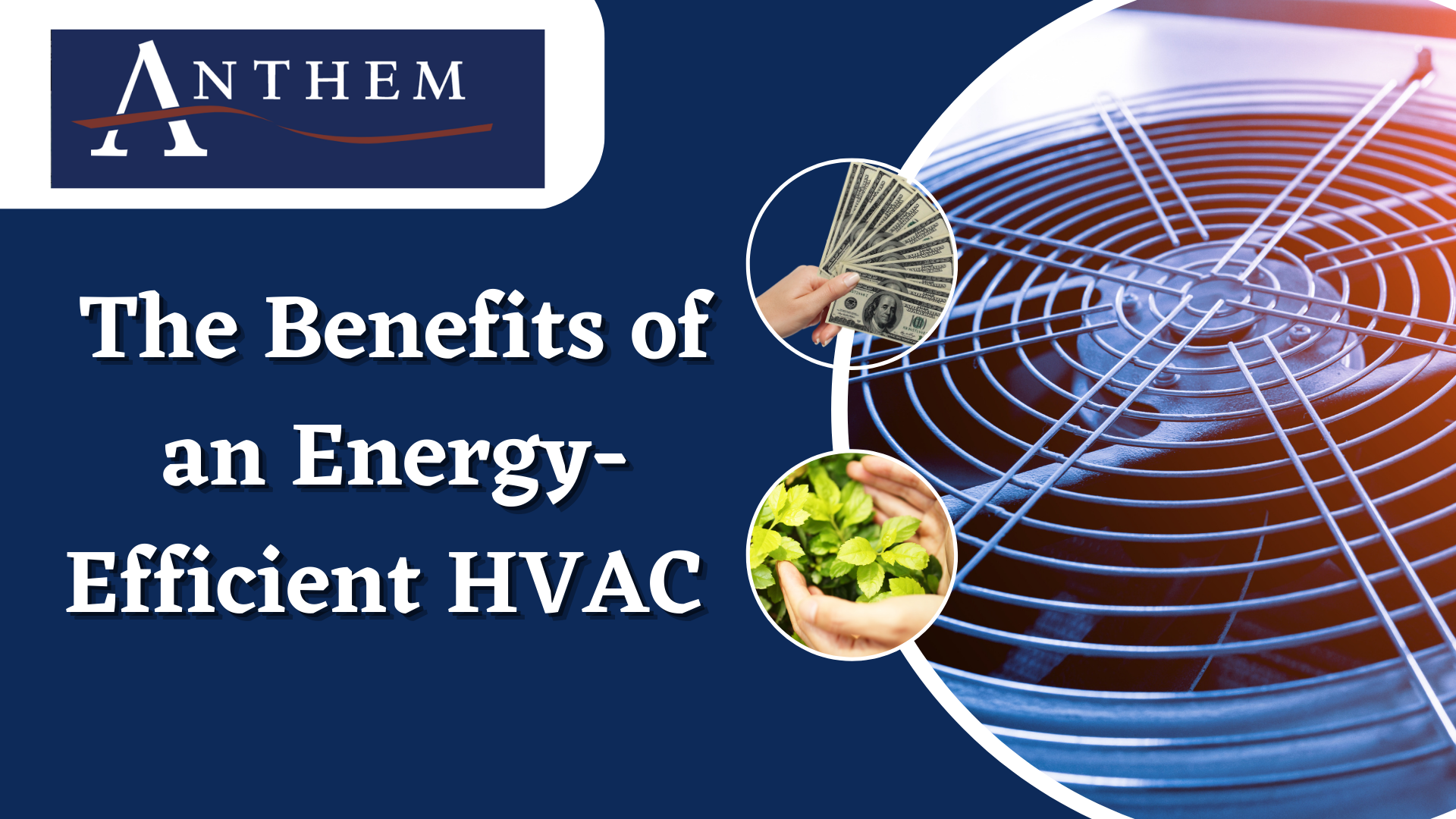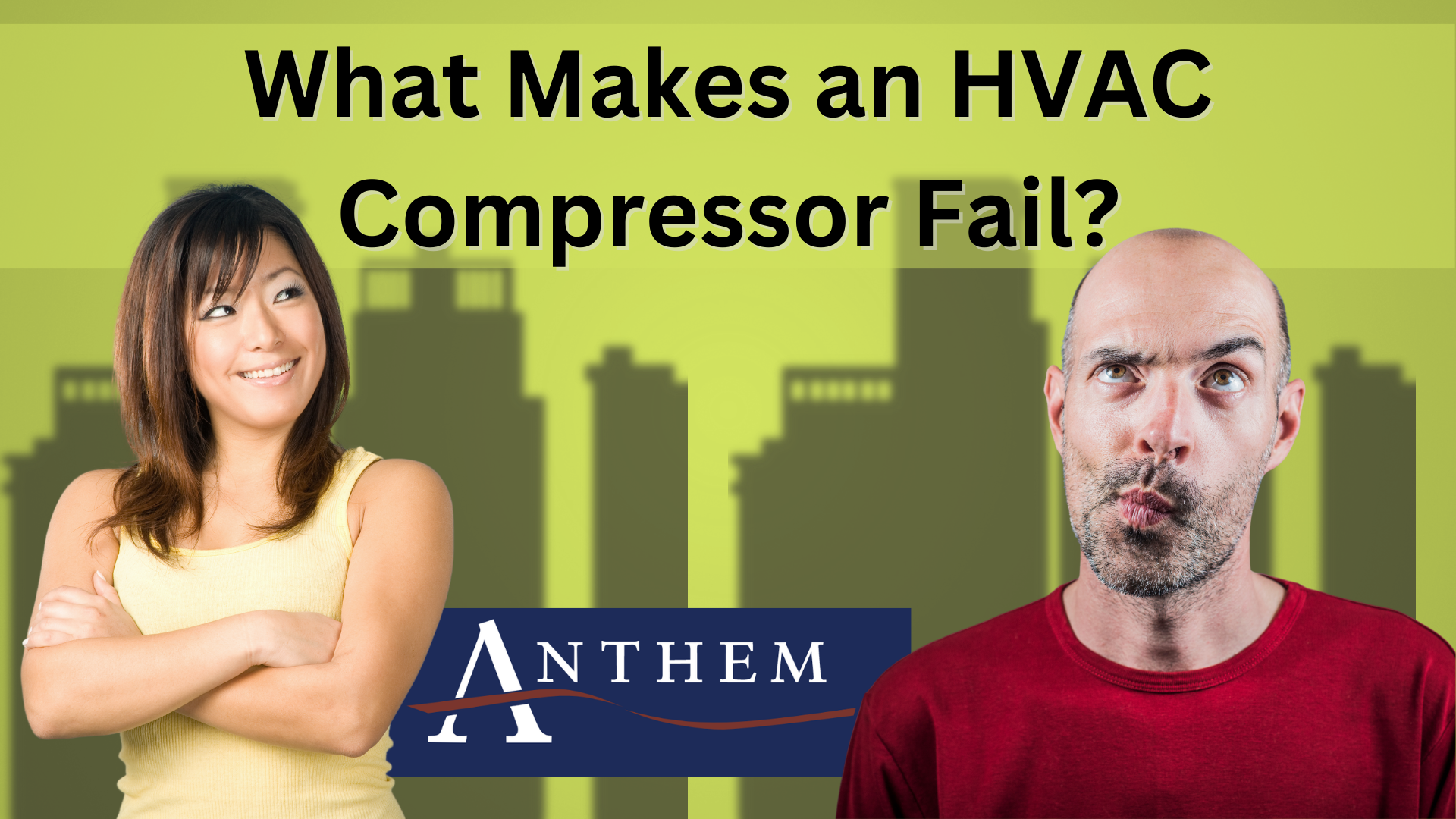If you’re a homeowner in the desert, then you know how important it is to keep your air conditioning running during the hot months. It’s no secret that living in the desert can have its challenges — extreme temperatures and even sandstorms can put major stress on any outside appliances, including your AC unit. That’s why it’s crucial to understand what goes into keeping your unit operating at peak performance, so you don’t find yourself stuck without an efficient cooling solution when temperatures start to soar. This blog post provides everything you need to know about ensuring your air conditioner runs reliably through high temperatures and intense weather conditions common in many deserts.

Why Should You Change Your AC Refrigerant?
The refrigerant in your air conditioner plays a crucial role in the cooling process. It absorbs heat from the indoor air and transfers it outside, allowing the AC to provide cool air in your home. Over time, the refrigerant level can decrease due to leaks or normal wear and tear. When this happens, your AC will struggle to cool your home, and you may notice higher energy bills.
R-22 Is Being Phased Out
AC units using R-22 refrigerant are being phased out globally due to environmental concerns. R-22 is a hydrochlorofluorocarbon (HCFC), which has been found to contribute to ozone depletion and global warming. As a result, the production and import of R-22 have been gradually decreasing since 2010, and by January 1, 2020, it is no longer being produced or imported into the United States.
To address the issue, newer refrigerants like R-410A have been developed as more eco-friendly and efficient alternatives to R-22. R-410A is a hydrofluorocarbon (HFC) that does not contain chlorine, making it safer for the environment. Many AC manufacturers have already switched to R-410A or other alternative refrigerants, and some states have even enacted laws to prohibit the use of R-22 in new AC units.
If you have an AC unit that uses R-22 refrigerant, you may need to consider switching to a newer refrigerant like R-410A for environmental and efficiency reasons. However, it is important to note that switching to a new refrigerant requires proper installation and equipment and should be done by a licensed HVAC professional to ensure that it is done safely and properly.
Overall, the phase-out of R-22 refrigerant is an important step towards protecting the environment, and homeowners should be aware of the options available to them when it comes to choosing a more eco-friendly refrigerant for their AC unit.

When Should You Change Your AC Refrigerant?
The best time to change your AC refrigerant is during your regular AC maintenance service. An HVAC technician can inspect your AC unit and determine if the refrigerant level is low. They can also detect and repair any leaks in the refrigerant lines to prevent future refrigerant loss.
If you notice any signs of refrigerant loss, such as warm air coming from your AC vents, it’s crucial to call an HVAC professional immediately. Continuing to use your AC with low refrigerant levels can damage the compressor and other AC components, leading to costly repairs or even a complete AC replacement.
How to Change Your AC Refrigerant
Changing your AC refrigerant is not a DIY project. It requires specialized tools and knowledge, and following safety procedures to avoid injury or damage to your AC unit is crucial.
The first step is to call an HVAC professional to inspect your AC unit and determine if refrigerant replacement is necessary. If they determine that a refrigerant change is necessary, they will first recover the old refrigerant from your AC unit using specialized equipment.
Next, they will inspect the AC unit for leaks and repair any that are found. Once they have ensured that the AC unit is leak-free, they will install new refrigerant and test the AC unit to ensure it’s working correctly.

Residents in the Coachella Valley
Desert climates like those found in the Coachella Valley can strain AC units, leading to more frequent refrigerant changes. The extreme heat and dry air can cause the refrigerant lines to expand and contract, leading to leaks over time. Therefore, desert homeowners should have their AC units inspected more frequently to ensure that the refrigerant levels are always adequate.
Second, desert homeowners should be aware that the type of refrigerant used in their AC unit may need to be changed. As mentioned earlier, R-22 refrigerant is being phased out globally, and desert homeowners with older AC units may need to switch to a newer, more eco-friendly refrigerant like R-410A. This change should be performed by a licensed HVAC professional to ensure proper installation and prevent any damage to the AC unit.
Finally, desert homeowners should proactively maintain their AC units to avoid costly repairs or replacements. This includes scheduling regular AC maintenance services and addressing any refrigerant leaks promptly. It’s also essential to keep the outdoor unit free of debris, such as leaves and dirt, to ensure proper airflow and prevent overheating.
Overall, desert homeowners should prioritize AC maintenance and be aware of the specific challenges posed by their climate. By taking proactive measures, they can ensure that their AC units run smoothly and efficiently, even in the hottest and driest conditions.
Conclusion
If you experience any issues, don’t hesitate to contact an experienced HVAC contractor. At Anthem, our expert AC technicians are fully qualified and equipped to handle any refrigerant replacement and maintenance needs that you may have. Regular service ensures that your air conditioner provides superb cooling performance throughout the hot summer months and beyond. To capitalize on superior AC maintenance services, get in touch with one of the specialists at Anthem today! Don’t wait until it’s too late – let us help you keep your air conditioner running smoothly at all times.

















 Another important task is scheduling annual inspections and tune-ups. These services can help identify any issues with your system before they become major problems. An HVAC professional will inspect and test your system, checking for any signs of wear or damage, and making any necessary adjustments to ensure it’s running efficiently.
Another important task is scheduling annual inspections and tune-ups. These services can help identify any issues with your system before they become major problems. An HVAC professional will inspect and test your system, checking for any signs of wear or damage, and making any necessary adjustments to ensure it’s running efficiently.
















